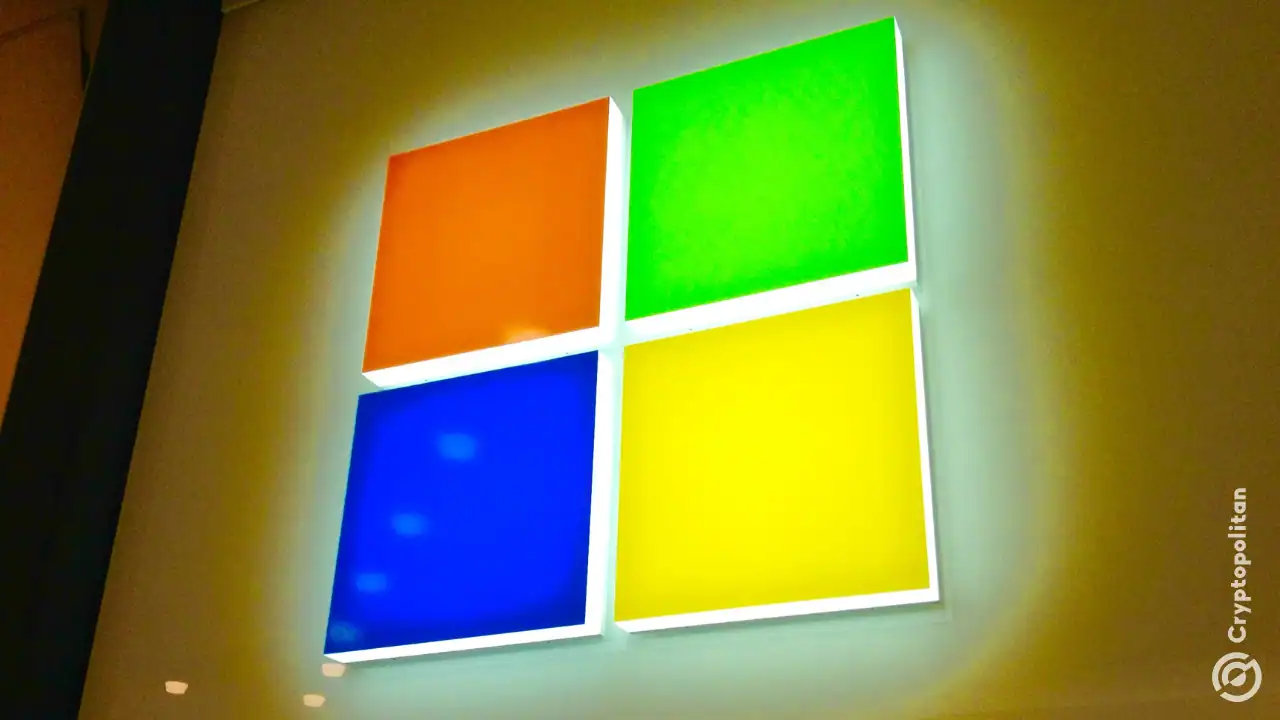Contents
Microsoft Disrupts North Korean Cybercrime Scheme
Microsoft has taken significant action by suspending over 3,000 email accounts linked to a sophisticated cybercrime operation involving North Korean nationals. These individuals have been posing as remote workers under false identities, leveraging freelance job markets and tech firms worldwide. The move comes as part of a broader effort by U.S. authorities to combat illicit activities that support the North Korean regime.
The operation, known internally as “Jasper Sleet” by Microsoft Threat Intelligence, is believed to be a global criminal enterprise that funnels millions of dollars to Kim Jong Un’s authoritarian government. This scheme not only defrauds employers but also directly funds North Korea’s nuclear weapons program. According to Microsoft’s Threat Intelligence team, the actors involved are skilled IT professionals from the Democratic People’s Republic of Korea (DPRK) who assume false identities to secure remote employment with foreign companies, particularly in the United States.
Many of these workers are highly skilled, with some employers unknowingly praising them as top performers. However, the critical detail is that they are working for the DPRK. These individuals often rely on accomplices, sometimes American citizens, who facilitate access by renting out their identities or operating what authorities describe as “laptop farms.” Laptop farms are physical locations where laptops issued by unsuspecting employers are shipped and maintained. At least 29 of these sites have been searched by law enforcement, with laptops installed with remote-access software or physically rerouted to China or Russia.
The Department of Justice recently detailed the case of a Maryland-based nail salon employee who will be sentenced in August. The man was found to have held 13 jobs simultaneously on behalf of North Korean IT workers, earning nearly $1 million in remote salary payouts. According to the United Nations’ estimates, the North Korean IT worker program generates up to $600 million annually. This revenue often ends up supporting cybercrime operations and the country’s nuclear ambitions.
Microsoft’s Response: AI and Detection Tools
In a recent blog post, Microsoft detailed the suspension of 3,000 consumer email accounts, primarily Outlook and Hotmail, that were being used by North Korean operatives. Beyond these accounts, Microsoft has continued to take down persona accounts as they are identified and track the actor’s use of AI. Jeremy Dallman, senior director at Microsoft’s Threat Intelligence Center, emphasized the company’s commitment to disrupting these activities.
North Korean workers are becoming increasingly sophisticated, leveraging AI tools to fix grammatical errors in resumes and cover letters, enhance their photos to appear more professional or Westernized, and use FaceSwap technology to impose their images on stolen identity documents. Some are even experimenting with voice-changing software to help facilitators pass job interviews on their behalf. While Microsoft hasn’t observed the use of combined AI-driven voice and video deepfakes in real-time interviews yet, the company warned that it may only be a matter of time.
If successful, this tactic could allow the North Korean IT workers to do interviews directly and no longer rely on facilitators standing in for them. These enhanced AI tactics allow the operatives to better mask their origin, making it more difficult for employers to identify red flags. Common methods include recycling names, email addresses, and profile templates across various job platforms like LinkedIn, GitHub, and freelance marketplaces.
To detect and defend against these tactics, Microsoft has deployed a custom machine-learning solution that flags suspicious activity using what it calls an “impossible time travel” analysis. This includes monitoring for logins across geographically implausible locations within narrow time frames, such as access from the U.S. followed closely by China or Russia.
Strengthening Cybersecurity Measures
Microsoft is also bolstering its identity protection tools and urging companies to adopt strong authentication protocols and real-time risk detection systems. The tech firm has collaborated with U.S. government agencies to share intelligence and build technical solutions that can be applied across the cybersecurity industry. The company has pledged to maintain pressure on the evolving threat, stating that “Jasper Sleet is constantly changing and evolving their profiles.”
As North Korean cybercriminals continue to adapt and innovate, Microsoft remains vigilant, working to stay one step ahead. The company’s efforts highlight the importance of continuous innovation in cybersecurity to protect both businesses and individuals from emerging threats.




